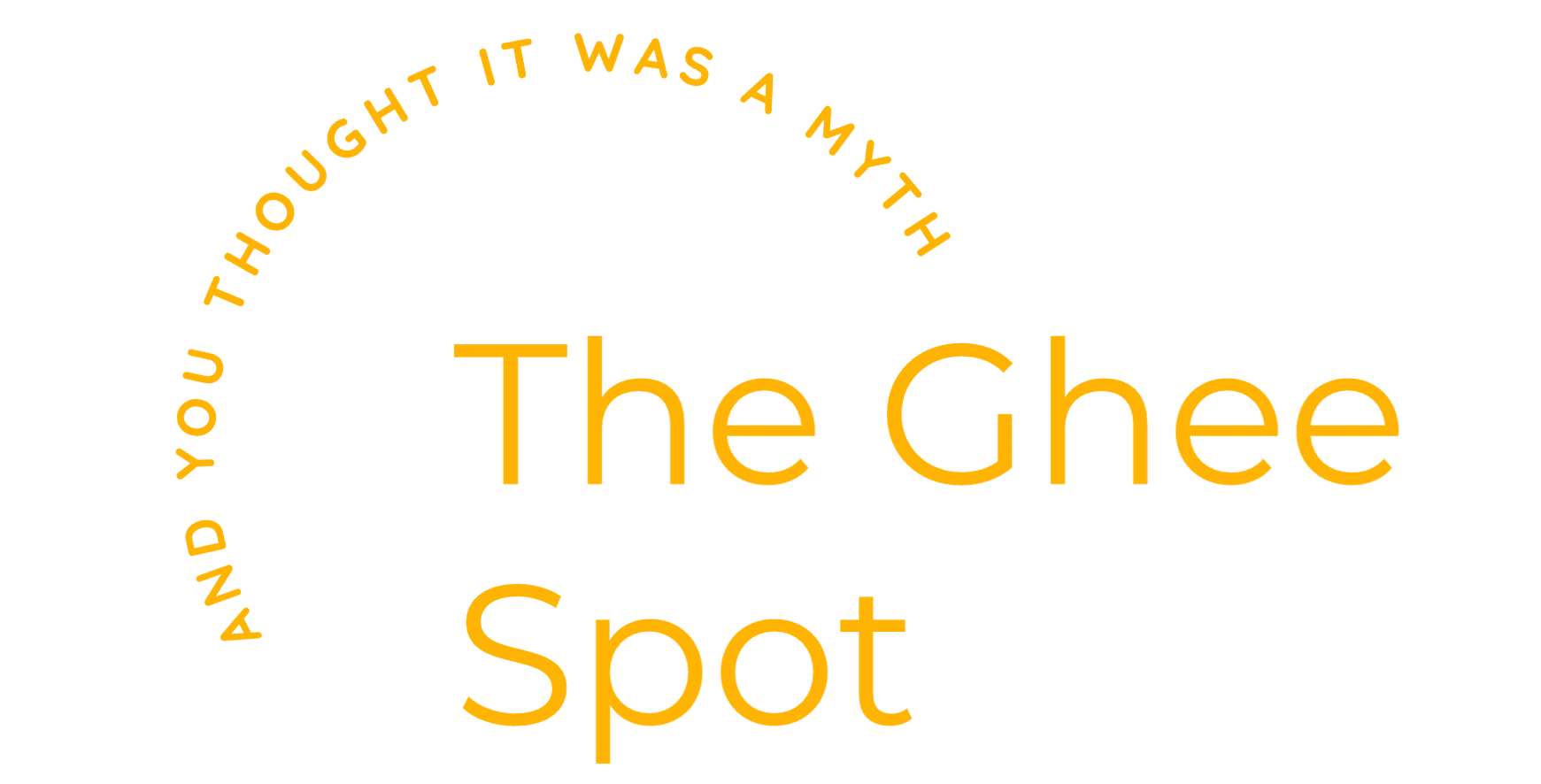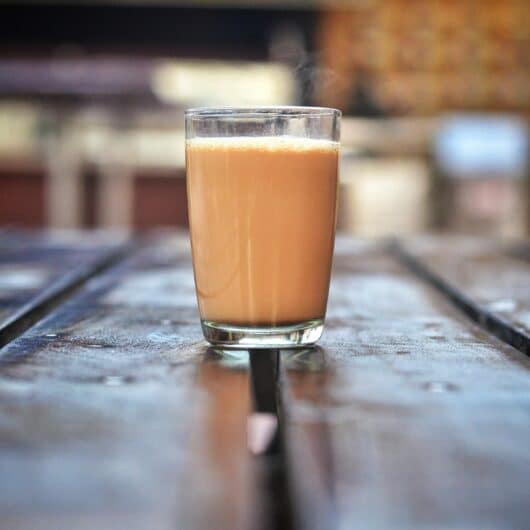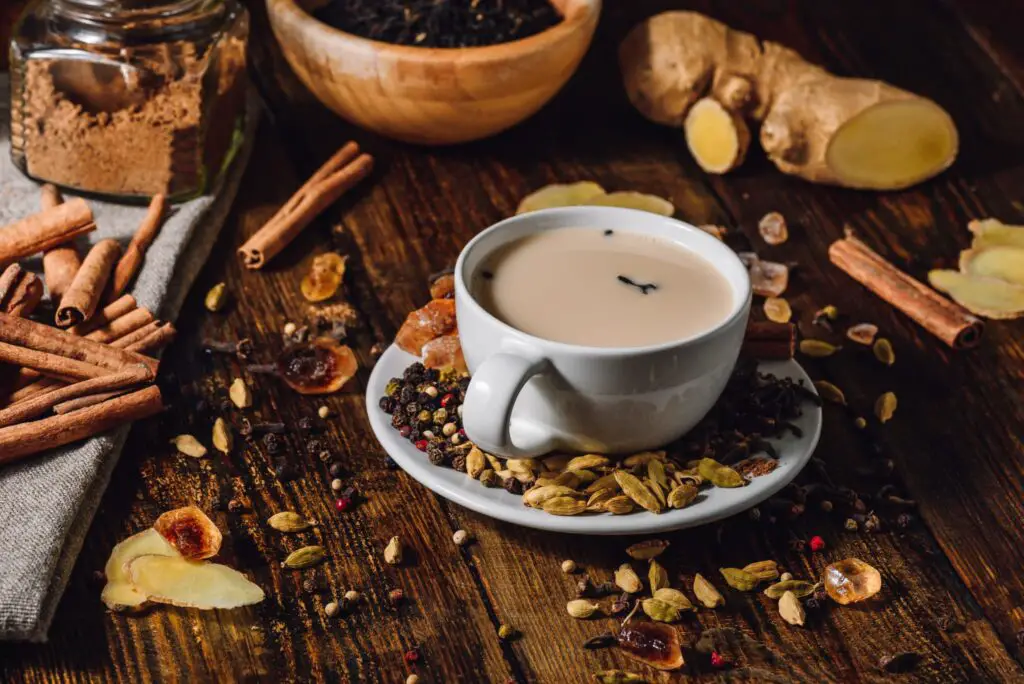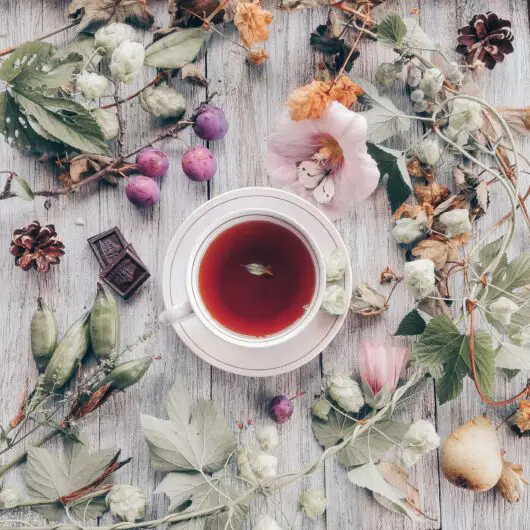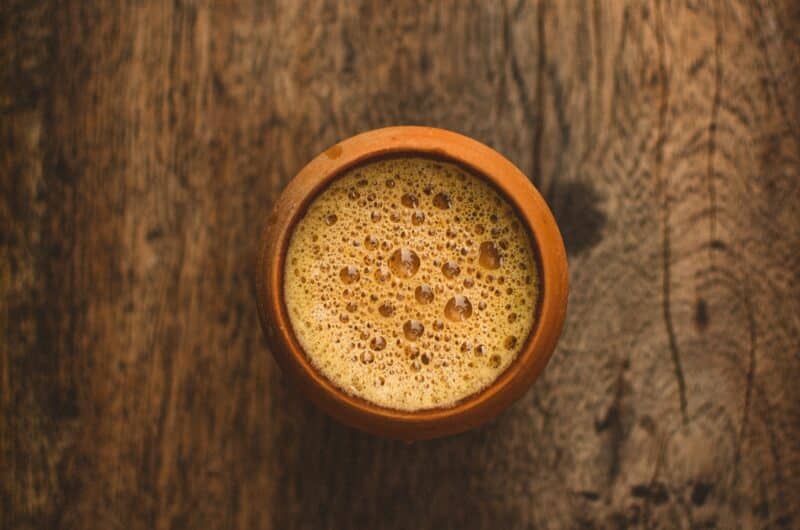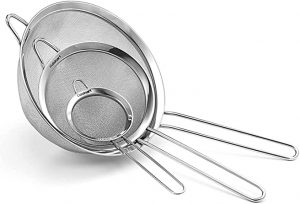Ayurvedic and tasty. Tulsi di cha is the answer for which tea to make today.
Tulsi, also known as holy basil, has a number of healing properties and is used widely throughout East and S.E. Asia. It has the sweetness of basil but also a bit of the spiciness associated with cloves or spearmint. It’s fabulous whether you put it in tea, rice, or your favorite Thai curry. I love making tulsi di cha because it’s not as intense as mint tea but still has the complexity of mint, cloves, and of course the added ingredients.
In India you see Tulsi plants at the center of courtyards in homes, as it’s sacred in Hinduism. Regarded as an earthly manifestation of the goddess Tulsi, it’s a plant that’s well cared for and often prayed around and with the leaves of. In Ayurvedic medicine Tulsi is notable for it’s anti-microbial properties. It’s not uncommon to have loads of tulsi chai to help soothe colds, coughs, and overall congestion, especially with a dash of honey.
There’s only so much one can and should say about tea. I don’t think you need an inner monologue about how it reminds me of a time when life was simpler, or running about the hills picking tulsi while dreaming of a life in America. It’s chai. Not chai tea, say that and you’re the asshole running around saying you love tea tea and likely to also say you like bread bread. You make tea because you want something warm and soothing. Then you make it and drink it. Maybe eat a cookie. And move on with life.
If you’re looking for a vegan option swap out the milk for your favorite dairy alternative. And if you need other tea options check out some of my favorite teas.
Fun fact #29: Holy Basil isn’t basil at all, it’s actually from the mint family.
Love tea as much as we do? Try these:
Nutrition Facts
4 servings per container
Calories40
- Amount Per Serving% Daily Value *
- Total Fat
2.1g
4%
- Saturated Fat 1.1g 5%
- Cholesterol 6mg 2%
- Sodium 31mg 2%
- Amount Per Serving% Daily Value *
- Potassium 126mg 4%
- Total Carbohydrate
3.4g
1%
- Dietary Fiber 0.3g 0%
- Sugars 3.2g
- Protein 2.3g 4%
- Calcium 7%
- Iron 2%
- Vitamin D 122%
* The % Daily Value tells you how much a nutrient in a serving of food contributes to a daily diet. 2,000 calories a day is used for general nutrition advice.
